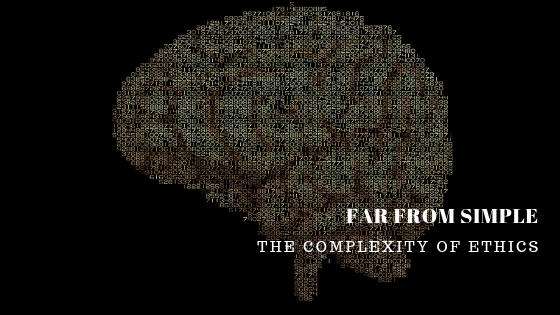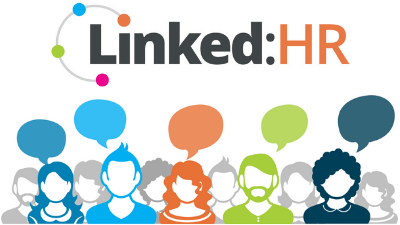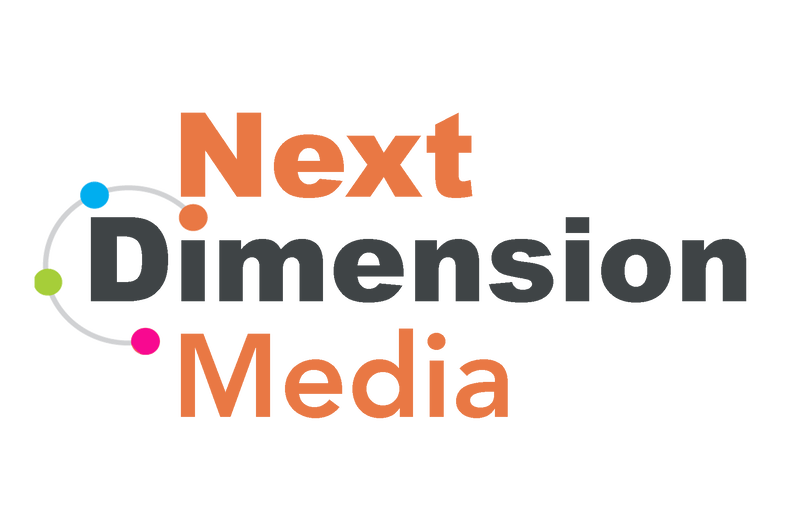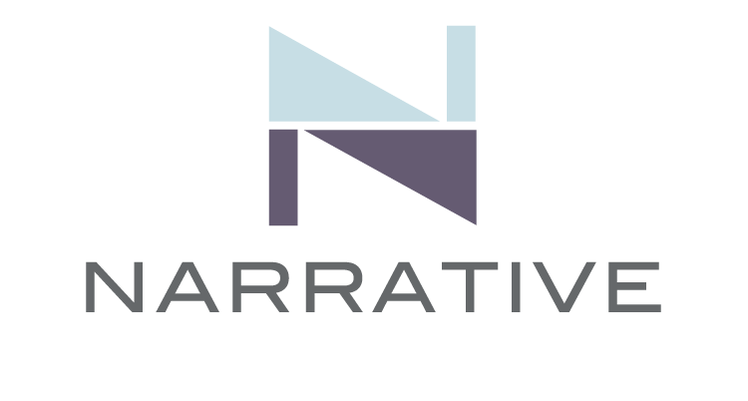|
Simple is good. At least that's the message we get from countless KISS (keep it simple, stupid!) recommendations we receive over our lifetimes. Complexity is time-consuming, ergo bad. Give me an A+B=C solution and I'll praise your knowledge and efficiency. I suppose. Except that when it comes to ethics things are far from simple. First, take a look at psychologist James Rest's* "Four Component Model." All four components are necessary if one is to behave morally.
It's possible to get stuck in one of the components. First, we may be blind to the ethical dimensions of a situation (moral sensitivity). We may believe, for instance, that the issue is "just a business one" or is too simple to be considered "moral." Second, we may recognize the morality of the situation but not have the ethical tools to identify the "right answer" (moral judgment). Third, we may know what the "right answer" is but may be unwilling to follow it (moral motivation). Finally, we may be willing to do the right thing but be unable to do so at the last minute (moral behavior). The next question, therefore, is: What makes us more or less able to go through the four components of morality? Now we turn to the work of Thomas Jones**. Dr. Jones suggested that all four of Rest's components are related to the moral intensity of a situation. In order to estimate the intensity of a situation, we must consider:
According to Jones, we are not likely to pay attention to situations of low moral intensity. For instance, if an employee believes that something has very low consequences and those consequences are very disperse, he/she is unlikely to activate any thoughts of morality. As an example, a person who would ordinarily never steal (not even from a complete stranger) could make a long distance phone call on the company's dime, take home a block of post-its from the office supply cabinet or simply fail to focus on work tasks while at work. A normally ethical CEO might ignore the likely but very far way (200 years from now?) environmental impact of current organizational policies. Why does this matter? Let me offer a few possible implications of ethical complexity:
So, after reading this, tell me: Is simple really good? I'd love to hear your thoughts: What ethics interventions have you either experienced or implemented in your organization? How have they worked?
0 Comments
I teach Ethics at a graduate leadership program. One of my challenges is to help our leaders understand the impact of lack of fairness. Specifically:
Of course, these discussions are hardly new. One of my favorite philosophers, John Rawls, argues that a fair society results from a "Veil of Ignorance." This "Veil" forces future society members to make blind decisions, without knowing whether they will be rich or poor, intelligent or unintelligent, members of a top or a lower class. They do not even know their personality traits or abilities. Under those "ignorance" conditions:
To help leaders experience inequality, I use a game called "The Kingdom Tycoons." I assign participants to three groups (upper, middle and lower class), provide different resources to each group and then observe the resulting group dynamics. Here is how you can reproduce the game:
Good luck! If you come up with a different version, how about sharing what you did? Also, let me know what happened! |
Dr. Cris WildermuthDr. Cris Wildermuth is Linked:HR's Community Leader and an Associate Professor at Barry University. You may find out more about Dr. Wildermuth's leadership development, ethics, and intercultural development consulting practice at THIS PAGE. Archives
March 2021
Categories
All
|
Thank you to our Sponsors!
Would you like to support Linked:HR? Consider becoming one of our sponsors! Your logo and services will be displayed in our page. Additional business services are available to our sponsors. Please CLICK HERE for additional information.
|
|




 RSS Feed
RSS Feed



